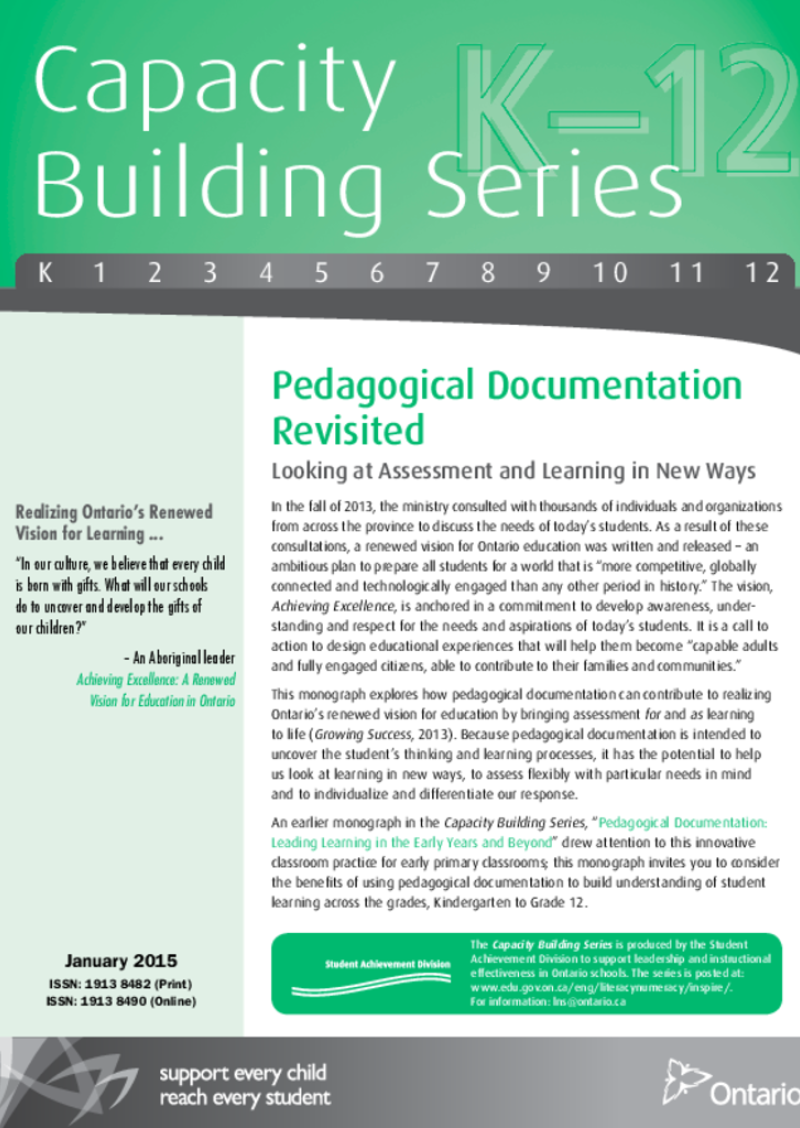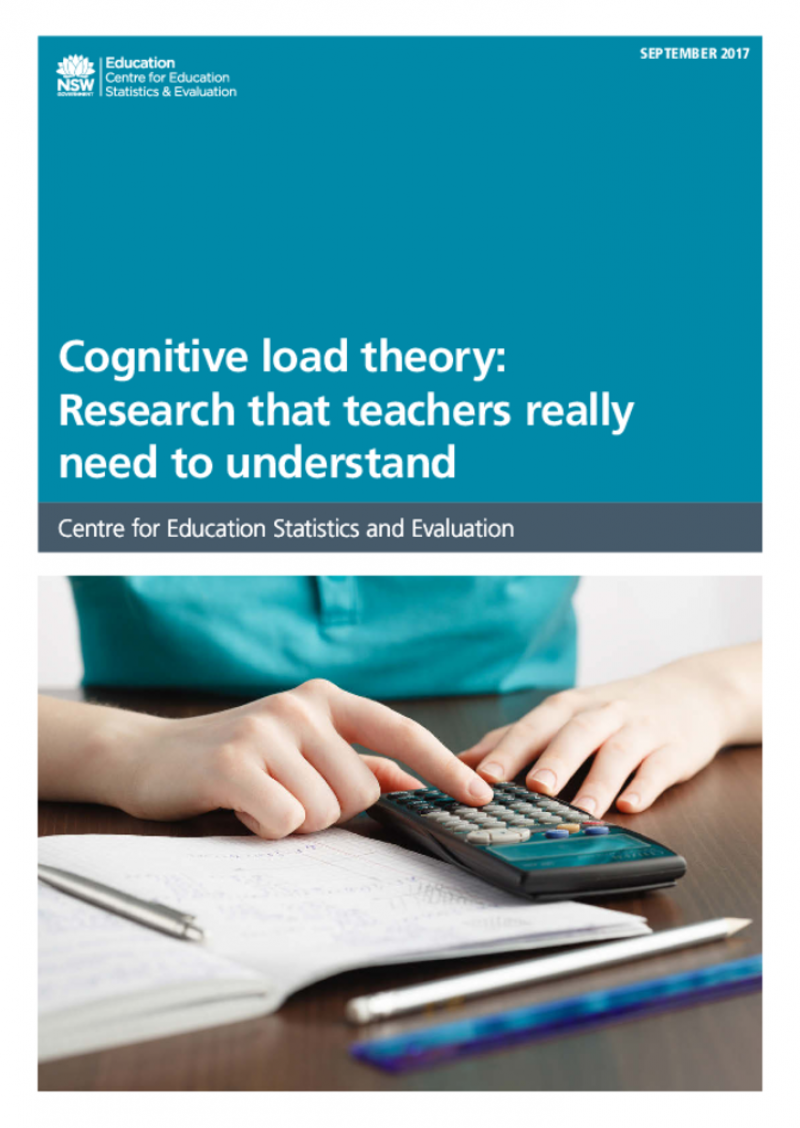Teacher Resource Centre
Displaying 1 - 8 of 8
Édubref n°18 - Des outils didactiques pour enseigner et apprendre
ÉduBref propose dans un format court et abordable de revenir sur des travaux et études universitaires sur les pratiques éducatives. Depuis le contexte français, ce numéro propose de revenir sur la notion d’outils didactiques, de la façon dont l’objet est traité dans la recherche académique à son apparition dans les programmes scolaires. Il propose également une réflexion sur les possibles collaborations entre les concepteurs d’outils didactiques et leurs usagers en plus de présenter des méthodologies d’appropriation par les enseignants.
Édubref n°19 - La direction d'école : quels héritages ?
ÉduBref propose dans un format court et abordable de revenir sur des travaux et études universitaires sur les pratiques éducatives. Ce numéro est dédié à la direction scolaire dans le primaire en France. On y retrouve une histoire de la fonction de directeur.rice du XIXème siècle à nos jours, l’évolution des lois et décrets encadrant la profession. L’autrice y présente également certains défis et enjeux actuels.
Édubref n°22 - Enseigner, oui mais à deux ?
ÉduBref propose dans un format court et abordable de revenir sur des travaux et études universitaires sur les pratiques éducatives. Ici, l'autrice présente les récentes recherches sur l'enseignement à plusieurs afin de bousculer la vision persistante de l’enseignant seul face à la classe et de montrer les avantages que peut avoir l’enseignement partagé. Ces pratiques sont notamment abordées dans le cadre d’une éducation inclusive dans le contexte français.
Pedagogical Documentation Revisited
This monograph explores how pedagogical documentation can contribute to realizing Ontario’s renewed vision for education by bringing assessment for and as learning to life. Because pedagogical documentation is intended to uncover the student’s thinking and learning processes, it has the potential to help us look at learning in new ways, to assess flexibly with particular needs in mind and to individualize and differentiate our response.
Pedagogical documentation allows educators to see how thinking, learning, curriculum and assessment are intertwined. It offers them the opportunity to contribute to a fuller understanding of learning and to advance the research on effective practice, both locally and internationally.
Coordinated action to transform education. What's in it for teacher representatives?
This briefs presents what teacher representatives gain through coordinated action. The involvement of teacher representative bodies in broader policy dialogue takes place through multi-stakeholder coordination mechanisms, including local education groups (or the equivalent). Here, they can bring the attention of decision makers and other partners to issues and practices for ensuring coherence in the implementation of education policy, including investments needed in teacher preparation, professional development, raising teaching standards and improving teacher well-being.
Cyberbullying on social media: an analysis of teachers’ unheard voices and coping strategies in Nepal
Teachers can be potential victims of cyberbullying, particularly targeted by their students at their workplaces.
This article explores teachers' individual coping strategies of sharing, ignoring and enhancing self-efficacy to handle technology strongly and confidently, and it concludes with the implications of collaborative coordination necessary for the development of strong policies and strict cyber laws for ensuring teachers’ cybersecurity in similar contexts.
Teachers’ self-efficacy in preventing and intervening in school bullying: a systematic review
This article presents a systematic review of existing literature on the extent of teachers’ self-efficacy in managing bullying and its connection to the likelihood that teachers will intervene in bullying, to their intervention strategies, and the prevention measures they employ, as well as students’ bullying behavior and their experiences of victimization.
The study presents practical implications in relation to teacher initial education and professional development: teachers with higher self-efficacy tend to intervene more often in bullying situations, so it's important that teacher training programs are designed to support teacher's self-efficacy, through the use of appropriate methods, such as the use of role-play to practice specific professional behaviours.
Cognitive load theory: Research that teachers really need to understand
To improve student performance, teachers need to understand the evidence base that informs and helps improve their practice. An area of research with significant implications for teaching practice is cognitive load theory.
This paper describes the research on cognitive load theory and what it means for more effective teaching practice. The first part of the paper explains how human brains learn according to cognitive load theory, and outlines the evidence base for the theory. The second part of the paper examines the implications of cognitive load theory for teaching practice, and describes some recommendations that are directly transferable to the classroom.



